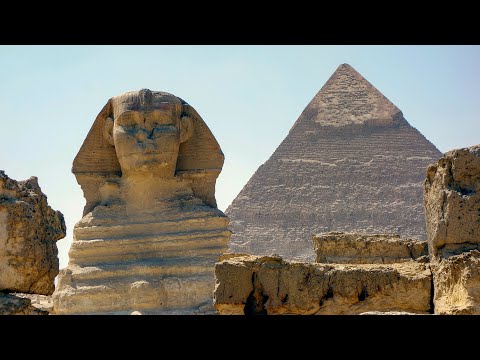
Cairo, the sprawling capital of Egypt, is a captivating city where ancient and modern worlds collide. Nestled on the banks of the Nile River, Cairo boasts a history that stretches back over millennia. It’s not just a city, but a towering testament to the past and present of Egyptian civilization. With its vibrant markets, historic mosques, and winding streets, Cairo offers an experience unlike any other.
### Historical Significance
Cairo’s roots can be traced back to the founding of Memphis, nearby, around 3000 BC. However, modern Cairo began its rise in AD 969 when it was established as the royal enclosure for the Fatimid caliphs. Since then, it has evolved through various historical phases – from being a center of Islamic scholarship during the Mamluk era to becoming the focal point of cultural renaissance in modern Arab history.
### Cultural Tapestry
The culture of Cairo is a rich tapestry woven with threads of various dynasties and peoples who have populated this majestic city over centuries. This diversity is reflected in Cairo’s architecture and artistic expressions found throughout the city.
### Architectural Marvels
A visit to Cairo is incomplete without experiencing its architectural marvels. At its heart is the historic district known as Islamic Cairo —a UNESCO World Heritage site filled with mosques, madrasas (Islamic schools), and monuments dating from the Fatimid through to the Ottoman periods. This area includes landmarks like Al-Azhar Mosque, one of the oldest universities in the world; and Al-Hakim Mosque, known for its imposing facade.
Another unmissable attraction is The Citadel— an Islamic fortification constructed by Salah al-Din (Saladin) in 1176. Perched on Mokattam hill overlooking Cairo, this site offers panoramic views of the city along with rich historical insights into medieval military architecture.
### Modern Dynamics
Cairo also pulses with contemporary life. Downtown Cairo showcases late nineteenth-century architecture influenced by French designs which house bustling shops and cafes today. Meanwhile Tahrir Square stands as both a pivotal point for modern-day Egyptian politics and social life.
### Artistic Expressions
Art lovers will find plenty to admire within Cairo’s numerous galleries and cultural institutions like The Egyptian Museum which hosts an extensive collection of Pharaonic antiquities including Tutankhamun’s treasures; and The Museum of Modern Egyptian Art which showcases works from key figures in 20th century Egyptian art movements.
### Souks & Cuisine
No trip to Cairo would be complete without delving into its souks (markets) or tasting local cuisines at traditional cafés. Khan el-Khalili bazaar is perfect for those seeking Middle Eastern artifacts or spices while savoring aromatic Egyptian coffee or mint tea provides perfect respite after days spent exploring.
Egyptian cuisine reflects cross-cultural influences over centuries—ranging from indigenous staples like falafel (ta’amiya) and koshari – a mix of pasta rice lentils topped with tomato-vinegar sauce—to more complex dishes such as stuffed pigeon or molokhia soup.
### Challenges & Future Prospects
Like many mega-cities around the world today,Cairo faces significant urban challenges including overpopulation congestion pollution but efforts are ongoing towards sustainable development improving citizens’ quality life while preserving heritage sites environmental resources future generations enjoy learn from them just we do today.
Cairo exemplifies resilience growth midst adversity carries deep spiritual significance Egyptians who often refer “Mother World” (“Umm al-Dunya”), signifying central role Egyptian identity values play global stage today at large.
Visiting or studying this grand metropolis offers unique insights into human civilization—past present future alike—with endless stories tell every corner you turn within bustling metropolis time-honored Nile river side.
